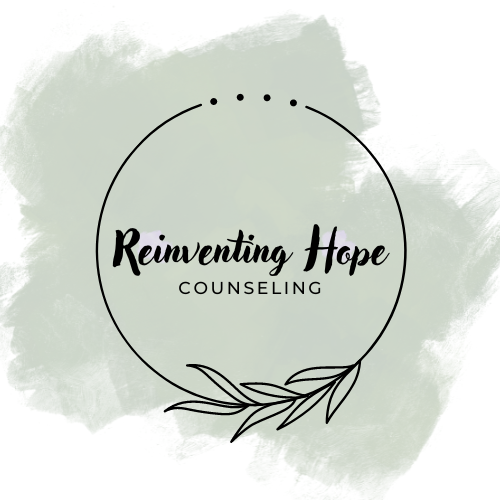Navigating the New Year: Lessons from the Past, Hope for the Future
As we stand on the threshold of a new year, it's only natural to reflect on the journey that brought us here and consider the wisdom gained along the way. Personally, I find myself entering this year with a more profound understanding of the intricate dance between trauma and growth. Here are some of the lessons that come to mind.
1. Pride and Trauma: Unraveling the Connection
One of many lessons I carry into the new year is that pride (though a great survival strategy) often emerges as a defense mechanism rooted in past traumas. It's a shield we unconsciously wield to protect ourselves from vulnerability. Understanding this connection allows us to approach our achievements and self-worth with a newfound humility, fostering authentic connections with ourselves and others.
2. Conflict as a Catalyst for Growth in Relationships
Contrary to popular belief, conflict is not the antithesis of a healthy relationship; rather, it can be a powerful catalyst for growth. Embracing disagreements as opportunities to understand each other better, to communicate more effectively, and to strengthen the foundation of the relationship can lead to profound transformations and deeper connections.
3. Taking Responsibility and Recognizing Patterns
While processing and healing from how trauma impacted us, there is an importance of taking responsibility for our actions and recognizing the patterns we bring into different situations. Acknowledging our role in conflicts and understanding the recurring patterns in our behavior empowers us to break free from self-destructive cycles and fosters personal and relational growth.
4. Trauma's Impact on the Mind and Body
Recognizing that trauma doesn't just affect the mind but also leaves an indelible mark on the body (and many times therapy can only focus on the mind part of healing). Holistic healing involves addressing both aspects, seeking therapeutic approaches that integrate mental and physical well-being to pave the way for comprehensive recovery.
5. The Necessity of Play and Relaxation in Recovery
Recovery from trauma demands more than just introspection and healing the wounds of the past. Learning to play and relax is a vital component of the journey. Engaging in activities that bring joy, laughter, and a sense of peace helps in rewiring the brain, promoting emotional resilience, and fostering a renewed appreciation for life.
6. Families in Flux: Navigating Change after Trauma
Trauma has the power to reshape familial dynamics. As we navigate the complexities of post-traumatic family life, it's essential to approach change with empathy and open communication. Recognizing that everyone copes differently and fostering an environment of understanding (for ourselves and others) can be the bedrock for rebuilding and strengthening familial bonds.
7. The Power to Shape Our Future
Perhaps the most empowering lesson of all is the realization that we hold the power to shape our future. While the past has undoubtedly shaped us, we are not bound by its constraints. Every decision, every action, and every moment is an opportunity to rewrite our story, steering our lives in the direction of growth, resilience, and fulfillment.
As we step into the unknown of this new year, may these lessons serve as beacons of wisdom, guiding us towards a future where self-discovery, healing, and empowerment intertwine to create a narrative of strength, resilience, and boundless possibilities.

